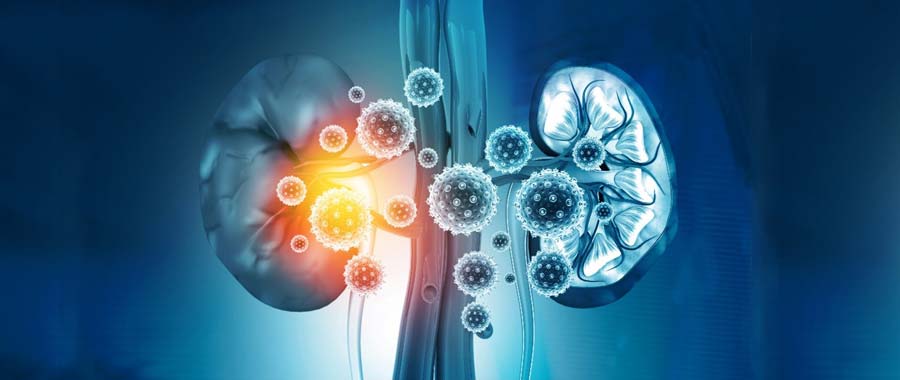Diabetes is the state wherein your body does not make enough insulin or cannot use normal amounts of insulin properly and blood sugar is very high. Most of the food we eat is turned down into sugar/ glucose into glucose for energy. The body does not properly process food for use as a source of energy. Insulin is a hormone that helps glucose get into the cells of our body. When one is suffering from diabetes, the body does not make enough insulin or cannot use its own insulin as well as it should. This builds up sugar in the body. Blood sugar level which is on the higher side can cause problems in many parts of your body. Diabetes is the seventh leading cause of death in the United States. Diabetes can cause serious health problems namely heart disease, blindness, kidney disease, eye problems, dental disease, nerve damage, and lower-extremity amputations.
Different types of diabetes-
The most common types of diabetes are Type 1, Type 2, and Gestational Diabetes-
Type 1 diabetes
Type 1 diabetes is usually seen in children and young adults, even though it can appear at any age. People with type 1 diabetes need to take insulin injections every day to stay alive. Your body does not make insulin in type 1 diabetes. The immune system destroys the cells in your pancreas that make insulin.
Type 2 diabetes
Type 2 is the most common type of diabetes. This type of diabetes mostly occurs in middle-aged and older people; however, you can develop it at any stage. Your body does not make or use insulin well if you have type 2 diabetes. Type 2 diabetes is particularly common among African Americans, American Indians, Latin Americans, and Asian Americans. Older age, obesity, family history of diabetes, prior history of gestational diabetes, impaired glucose tolerance, physical inactivity, and race/ethnicity are some of the risk factors for type 2 diabetes.
Gestational diabetes
Gestational diabetes occurs in some women who are pregnant. Mostly, this type of diabetes goes away after the baby is born. There is a greater chance of developing type 2 diabetes later in life if you have you have had gestational diabetes. Gestational diabetes occurs more frequently in African Americans, Hispanic/Latino Americans, American Indians, and people with a family history of diabetes than in other groups.

Diabetes impact on kidneys-
The small blood vessels in the body are harmed by diabetes. Kidneys cannot clean your blood properly when blood vessels in the kidneys are harmed. More water and salt in the body will be retained which can cause weight gain and swelling in the ankle. Protein may also be present in urine. Waste materials will build up in your blood.
Diabetes can cause difficulty in emptying your bladder due to damage to nerves in your body. This will lead to full bladder pressure which can harm kidneys. Also, there are chances of an infection from the rapid growth of bacteria in urine if urine remains in your bladder for a long time.
Signs of Kidney Disease in Patients with Diabetes-
In the early stages, you may not notice any signs or symptoms. In later stages, the signs and symptoms include:
- Worsening blood pressure control
- Protein in the urine
- Swelling of feet, ankles, hands, eyes, leg cramps
- Increased frequency to urinate.
- Decreased need for insulin or diabetes medicine.
- Albumin/protein in the urine
- Confusion or difficulty concentrating
- Shortness of breath
- Loss of appetite
- Nausea and vomiting
- Persistent itching
- Fatigue
- Weakness, paleness, and anemia
Manage diabetes better with –
- Home monitoring of your blood glucose levels.
- Maintaining an awareness of controlling your blood pressure, and possibly monitoring your pressure at home.
- Following your special diet.
For more information regarding chronic kidney disease, logon our official education website – www.KidneyHealth101.com